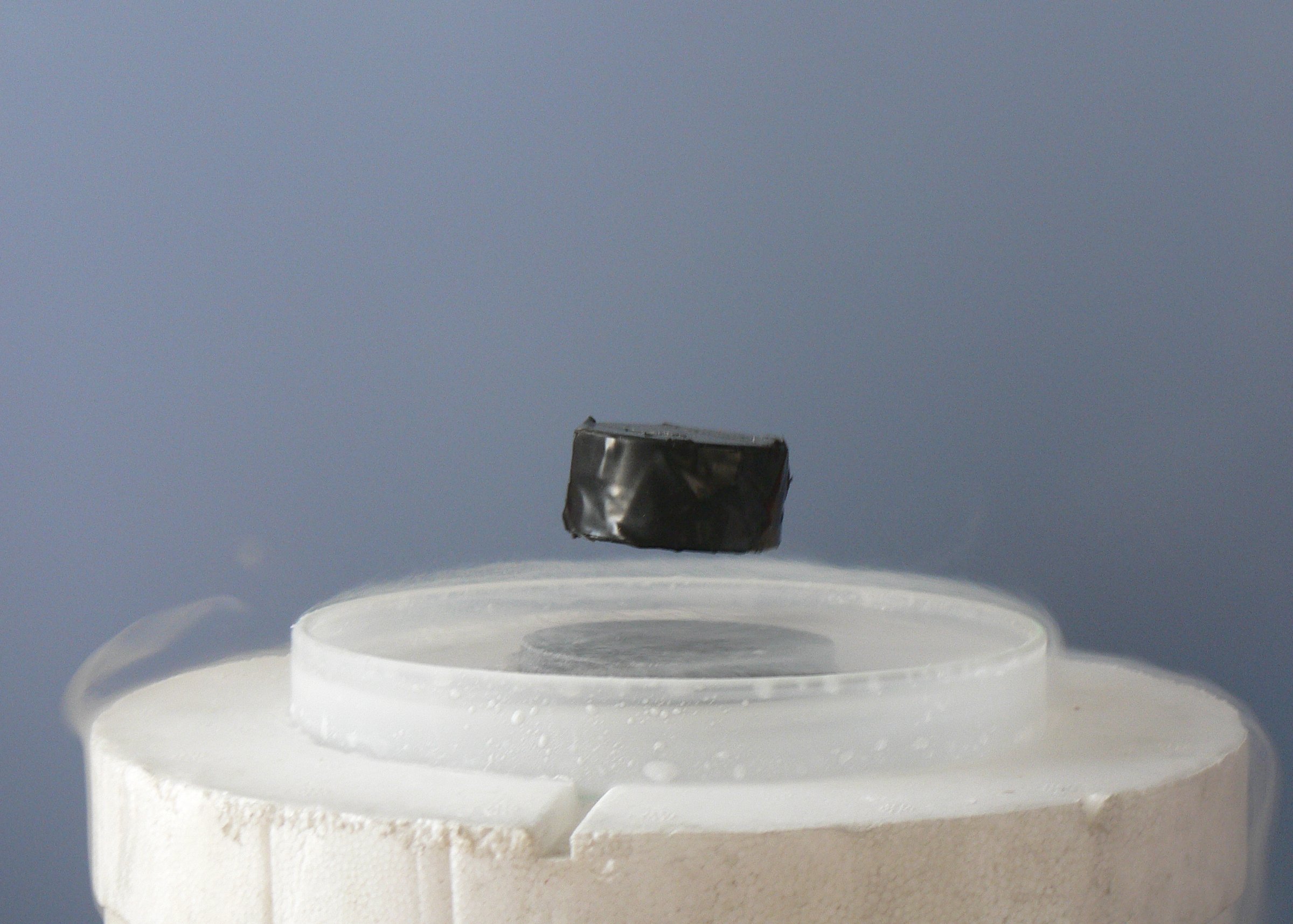Superconductivity
- Introduction to Superconductivity
- Theoretical Foundations
- Types of Superconductors
- Superconducting Materials
- Superconducting Phenomena
- Superconducting Devices
- Superconductivity and Quantum Computing
- Challenges in Superconductivity
- Future of Superconductivity
- Case Study: Superconductivity in Energy Sector
- Case Study: Superconductivity in Medical Field
- Case Study: Superconductivity in Transportation
Case Study: Superconductivity in Medical Field
Future Medical Applications of Superconductivity

Electrical conductivity with exactly zero resistance.
Superconductivity, with its unique and powerful properties, holds immense potential for the future of medical technology. This article will explore the potential applications, the challenges faced, and the ethical considerations involved in the application of superconductivity in medicine.
Potential Future Applications
Superconductivity could revolutionize many areas of medical technology. For instance, the development of superconducting quantum interference devices (SQUIDs) could lead to significant advancements in neuroimaging. These devices could provide unprecedented detail in brain scans, potentially leading to breakthroughs in the diagnosis and treatment of neurological disorders.
Another potential application is in the field of drug delivery. Superconducting materials could be used to create highly precise, magnetically-guided drug delivery systems. This could allow for targeted treatment of diseases, reducing side effects and improving patient outcomes.
Challenges and Ethical Considerations
Despite the potential benefits, there are significant challenges to the application of superconductivity in medicine. One of the main challenges is the requirement for extremely low temperatures for superconductivity to occur. This necessitates the use of liquid helium, which is both expensive and difficult to handle.
In addition, there are ethical considerations to take into account. The use of superconducting technology could lead to significant disparities in access to medical care, as these technologies are likely to be expensive and may not be available in all healthcare settings. It is crucial that these ethical considerations are taken into account as the technology develops.
Current Research and Future Prospects
Despite these challenges, research into the application of superconductivity in medicine is ongoing. Scientists are exploring ways to create room-temperature superconductors, which could overcome many of the current challenges. In addition, research is being conducted into the use of superconducting materials in a range of medical devices, from pacemakers to prosthetics.
In conclusion, while there are significant challenges to overcome, the potential benefits of superconductivity in medicine are immense. With ongoing research and development, we could see a revolution in medical technology in the coming years.